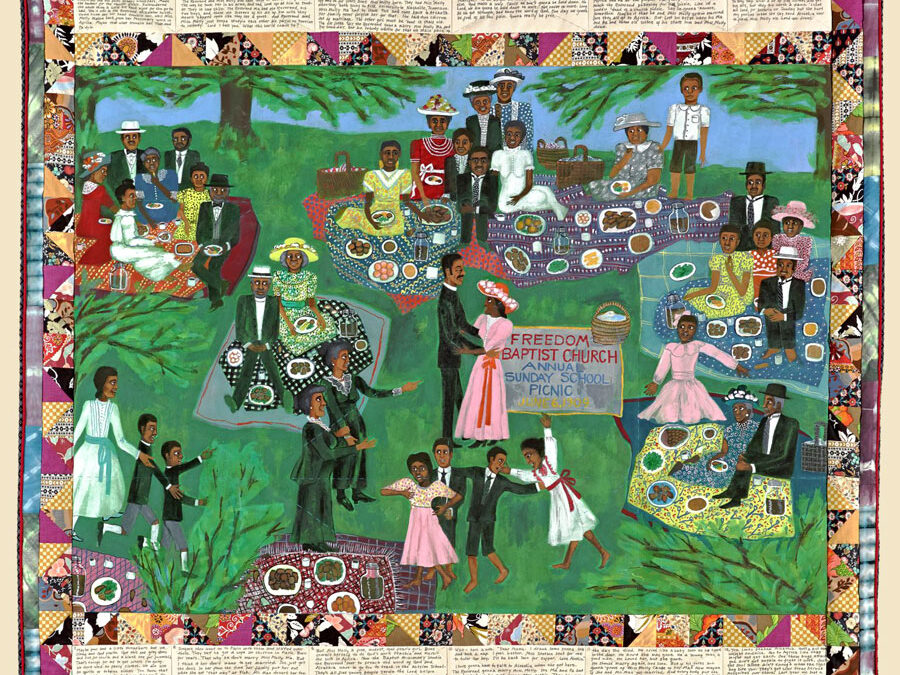 Washington’s “all day meeting” is also known as “dinner on the grounds.” It agrees with versions of meetings by William A. Clary, Edna Lewis, Bebe Meaders and maya Angelou. I’ve cited Washington’s whole passage because...
Washington’s “all day meeting” is also known as “dinner on the grounds.” It agrees with versions of meetings by William A. Clary, Edna Lewis, Bebe Meaders and maya Angelou. I’ve cited Washington’s whole passage because...
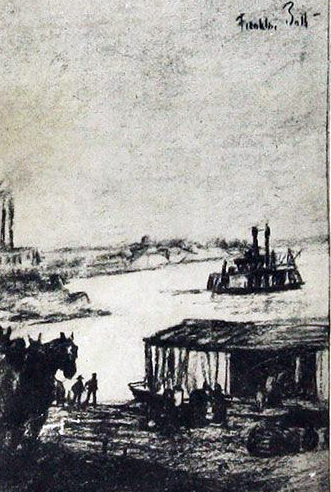 “The Piety And Eggs Of Paterson” is Dreiser’s version of a picnic gone wrong. It’s strategically placed at the start of A Hoosier Holiday because Dreiser meant it as a metaphor for what is to come and how his motor trip from New York to Terre...
“The Piety And Eggs Of Paterson” is Dreiser’s version of a picnic gone wrong. It’s strategically placed at the start of A Hoosier Holiday because Dreiser meant it as a metaphor for what is to come and how his motor trip from New York to Terre...
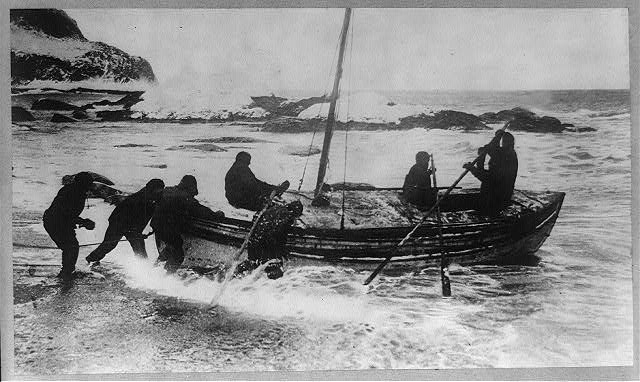 When Shackleton’s Endurance was crushed by October ice in Antarctica, he and five companions set out for South Georgia Island, 800 miles away, in some of the most stormy and cold ocean on Earth. Their boat was a whaler, James Caird, barely big enough for the men...
When Shackleton’s Endurance was crushed by October ice in Antarctica, he and five companions set out for South Georgia Island, 800 miles away, in some of the most stormy and cold ocean on Earth. Their boat was a whaler, James Caird, barely big enough for the men...
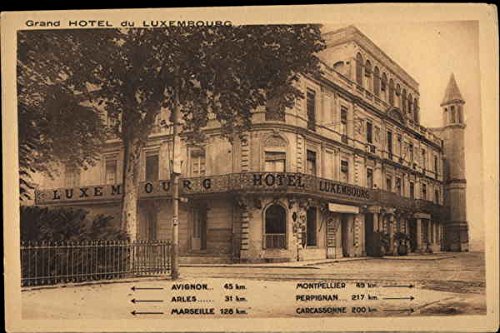 Memories are finicky; sometimes accurate, sometimes fuzzy, and sometimes fiction. Among some amusing memories of Stein and Toklas, there is some general mix-up regarding their picnic jaunts during 1917-1918 when they were living in Nimes and working for the American...
Memories are finicky; sometimes accurate, sometimes fuzzy, and sometimes fiction. Among some amusing memories of Stein and Toklas, there is some general mix-up regarding their picnic jaunts during 1917-1918 when they were living in Nimes and working for the American...
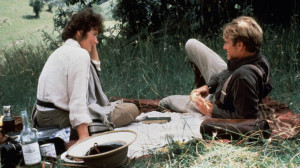 Blixen’s Out of Africa is a memoir without picnics. But Sidney Pollack and his screenwriter Kurt Luedke have added two picnic episodes that reveal Blixen’s characteristic vanity and romantic nature. See Isak Dinesen [Karen Blixen]. Out of Africa (New York:...
Blixen’s Out of Africa is a memoir without picnics. But Sidney Pollack and his screenwriter Kurt Luedke have added two picnic episodes that reveal Blixen’s characteristic vanity and romantic nature. See Isak Dinesen [Karen Blixen]. Out of Africa (New York:...
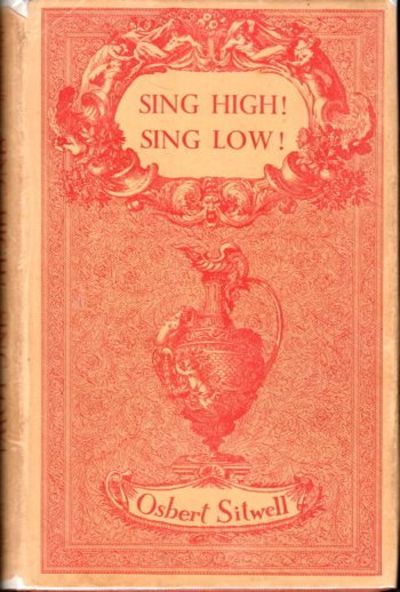 Sitwell considers picnic an ugly word. He starts the essay “Sing High! Sing Low!” without equivocating. Then, he finds picnics excellent opportunities to act as the noble savage in a controlled natural setting, a continuation of the perpetual picnic of Adam and Eve....
Sitwell considers picnic an ugly word. He starts the essay “Sing High! Sing Low!” without equivocating. Then, he finds picnics excellent opportunities to act as the noble savage in a controlled natural setting, a continuation of the perpetual picnic of Adam and Eve....
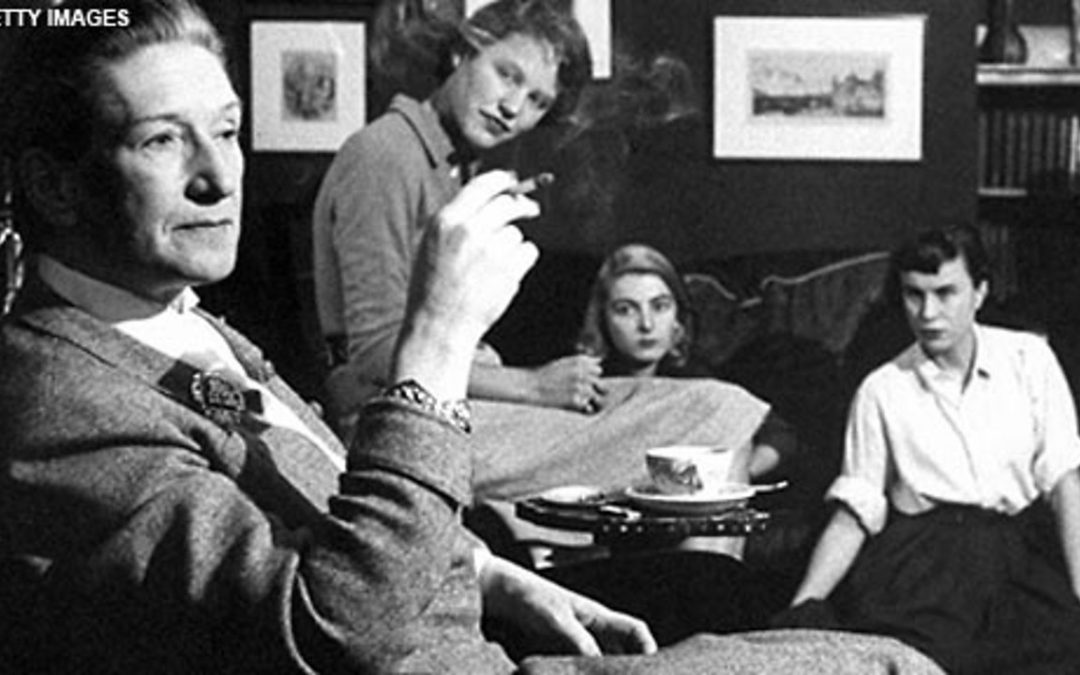 Bowen’s often quoted “it is futile to attempt a picnic in Eden” is a metaphor, usually taken out of context: “No, it is not only our fate but our business to lose innocence, and once we have lost that, it is futile to attempt a picnic in Eden. One kind of power to...
Bowen’s often quoted “it is futile to attempt a picnic in Eden” is a metaphor, usually taken out of context: “No, it is not only our fate but our business to lose innocence, and once we have lost that, it is futile to attempt a picnic in Eden. One kind of power to...
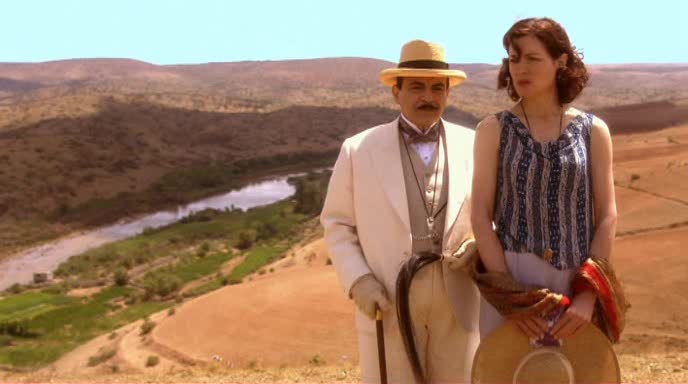 Christie’s picnic at Kawkab in Syria was indelible because the dessert was in bloom. During an archeological dig in 1934 (?), Christie and Max Mallowan* packed a lorry named Queen Mary for sightseeing at Kawkab, a hill about 300 meters high. They expected an...
Christie’s picnic at Kawkab in Syria was indelible because the dessert was in bloom. During an archeological dig in 1934 (?), Christie and Max Mallowan* packed a lorry named Queen Mary for sightseeing at Kawkab, a hill about 300 meters high. They expected an...
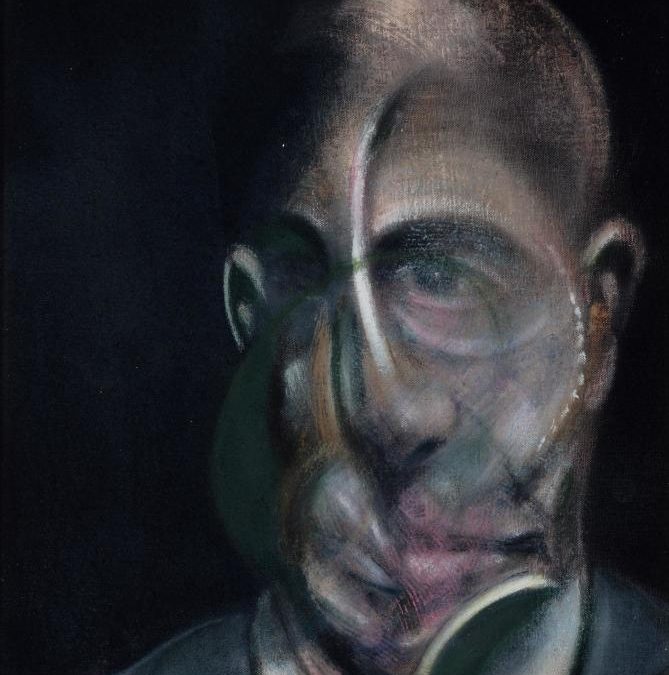 Leiris’s autobiographical exposé of trying to make sense of his emerging Manhood includes an episode of when he got his first erection at a family picnic in a Paris park. He was six or seven years old, and at the time, he recalls, he “established no direct relation...
Leiris’s autobiographical exposé of trying to make sense of his emerging Manhood includes an episode of when he got his first erection at a family picnic in a Paris park. He was six or seven years old, and at the time, he recalls, he “established no direct relation...
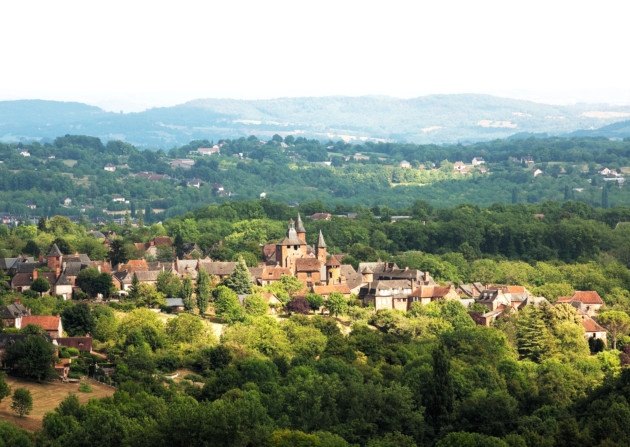 David realized the elements of her ideal and described it in “Eating out in Provincial France.” “There has to be water,” she declares, “and from that point of view, France is wonderful picnic country, so rich in magnificent rivers,...
David realized the elements of her ideal and described it in “Eating out in Provincial France.” “There has to be water,” she declares, “and from that point of view, France is wonderful picnic country, so rich in magnificent rivers,...











